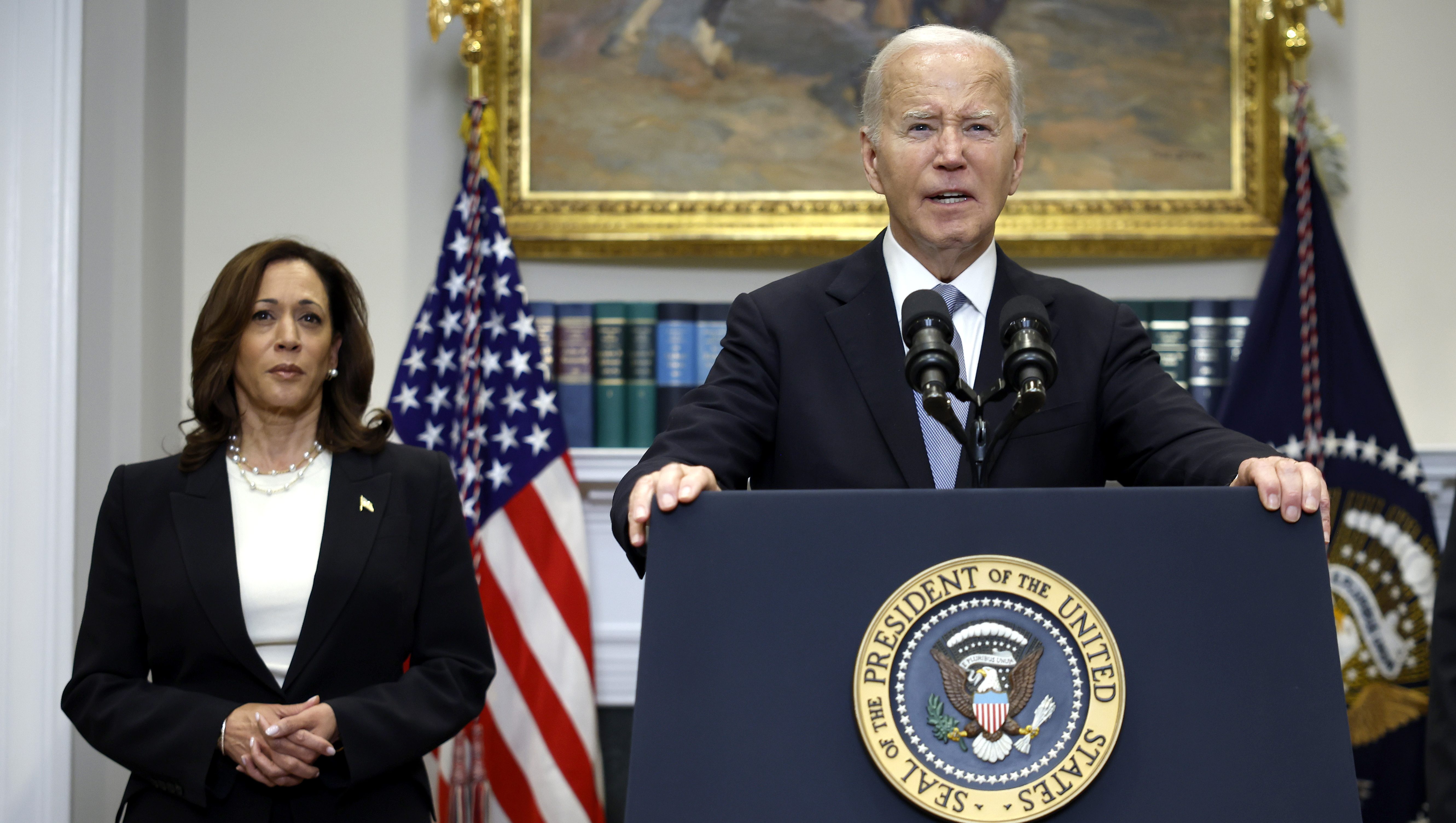Last month the Rajasthan government became India’s first state to make healthcare a right for all its residents by passing the Right to Health Act. To be sure, the Assam government had passed the Public Health Act in 2010, but there is a key difference between the two.
Assam’s law laid down a set of broad goals for the state government towards “the progressive realisation of health and wellbeing of every person in the state” but had no specific provisions for residents to demand healthcare, especially in an emergency, from a hospital or clinic.
Rajasthan’s Right to Health Act on the other hand requires all public health institutions to provide free outpatient treatment, medicines, diagnostics and emergency services to every resident of Rajasthan. It also gives residents the right to undergo emergency treatment at certain types of private hospitals without having to pay upfront. If the patient is unable to pay afterwards, the state will bear the cost. The act also says that no medico-legal case can be delayed for want of police clearance or support.
These provisions could have a huge financial impact, given India’s high out-of-pocket expenditure (OOPE) on health, which stood at 48.2% of total health expenditure in 2018-19, according to estimates by the National Health Accounts. For Rajasthan, the share of OOPE was slightly lower at 44.9%. The pandemic years saw an increase in the government’s expenditure on health, from 1.4% of GDP in 2019-20 to 2.1% in 2022-23 (budget estimates). This is still far below the global average of 5.9% in 2019.
Rajasthan’s rights-based healthcare legislation represents a huge step forward after the National Health Policy 2017 tip-toed around the question of making health a fundamental right. The first major concern it raised was whether the union government should implement such a law, given that health is a state subject. The second question was whether such a law should limit itself to public health, which Assam’s legislation largely did, or expand it to all healthcare. Another major concern was whether the health infrastructure was robust enough to justify making healthcare a justifiable right – shouldn’t the state first invest in building capacity before making healthcare a right? On the other hand, without such a law, the state might never overhaul the healthcare system, it was argued.
Opposition and compromise
In the end, the Rajasthan government passed the law amid opposition from private hospitals and doctors. Doctors saw this as the government passing on its responsibility of providing healthcare for everyone to the private sector. Even though the law is clear on reimbursing private hospitals if a patient fails to pay, hospitals and doctors have expressed doubts about the process, the related paperwork, potential delays, and so on.
The act also called for a grievance redressal mechanism that would allow residents to file complaints about denial of services, promising resolution within 48 hours or appropriate action within 30 days. Hospitals and other healthcare facilities that violated its provisions could be fined up to ₹10,000 for the first violation and up to ₹25,000 for subsequent ones. The private sector said this was open to abuse by patients and their families.
Another contention was around the definition of ‘emergency’. The current wording specifically mentions accidents and animal bites, but also includes the phrase “any other emergency decided by the State Health Authority”.
The state government conceded to doctors’ major demands on 4 April and restricted the coverage of private hospitals. Those with less than 50 beds and established without any concession from the government in the form of land or building were excluded. This will apparently keep most private hospitals out of the ambit of the law. Only private medical college hospitals, hospitals established through public-private partnership, hospitals established on free or subsidised land and hospitals run by trusts will be covered.
Implementation is key
While doctors have welcomed the decision and called off the protest, critics say the government’s compromise has dealt a body blow to the legislation.
Be that as it may, the law still promises something no other state has offered in terms of healthcare, and heralds an era of change. If it works out well on the ground, it may serve as a model for other states to emulate.
The Rajasthan government should make clear budgetary provisions for this, as delays in reimbursing bills of private hospitals will prove the point of the protesting doctors and compromise the efficacy of the law. If the system is shown to work well, more private hospitals can be brought under its scope.
Also, cases of emergency should be clearly defined and not left to the discretion of hospitals or doctors. The Delhi government has a scheme in which hospitals are reimbursed for treating victims of road accidents, burns and acid attacks at predetermined rates. Rajasthan could adopt a similar approach. The law is only the framework – the rules and regulations to follow should flesh out specific provisions in unambiguous terms.
Download The Mint News App to get Daily Market Updates.
More
Less















